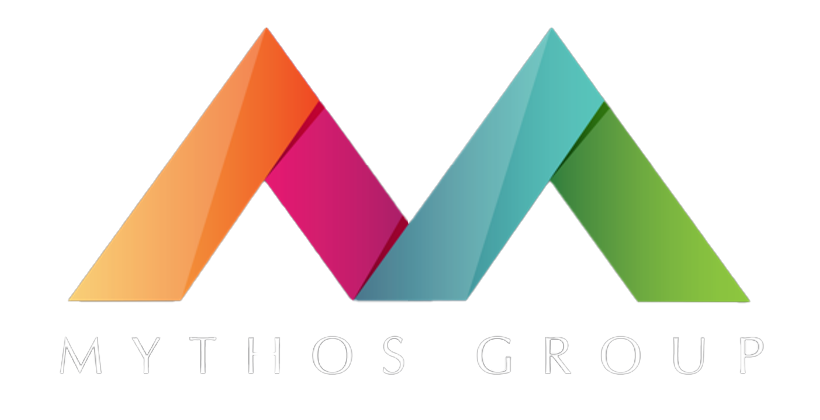Mergers and acquisitions (M&A) are pivotal strategies for growth, allowing companies to expand their market presence, diversify their offerings, and achieve economies of scale. Along with these benefits come significant risks. One critical process to mitigate these risks is due diligence. This comprehensive review of a target company’s business can identify potential pitfalls and confirm the viability of the deal. Let’s delve into the importance of due diligence, its various types, the process, and key areas to investigate.
Generally speaking, due diligence is a meticulous investigative process performed by one party into the affairs of another, during an M&A transaction. Its primary aim is to confirm all material facts regarding the target company, ensuring that the acquiring party makes an informed decision. This process helps uncover any hidden liabilities, assess the value of the target, and predict future performance. Without thorough due diligence, the risks associated with M&A, such as overvaluation, legal complications, and operational challenges, can significantly undermine the benefits of the transaction.
Types Of Due Diligence
Due diligence spans multiple facets of a business, each critical to a comprehensive assessment. The main types are:
- Financial Due Diligence: This focuses on verifying the financial health of the target company. It involves a detailed review of historical financial statements, cash flow analyses, debt structures, and overall financial performance. For example, an acquiring company would examine the balance sheets, income statements, and tax returns of the target to ensure accuracy and to understand the financial trends and potential liabilities.
- Legal Due Diligence: This involves scrutinizing the target company’s legal standing and obligations. It includes reviewing contracts, assessing ongoing or potential litigation, and ensuring compliance with regulatory requirements. For instance, understanding the intellectual property rights and pending patents of the target is crucial for avoiding future legal disputes.
- Operational Due Diligence: This type evaluates the target’s operational processes, efficiency, and scalability. It covers aspects such as supply chain management, production capabilities, and key performance indicators (KPIs). Operational due diligence helps in understanding how well the target company’s operations can integrate with the acquirer’s and whether they can support future growth.
Due Diligence Process
Conducting due diligence is a systematic and thorough process that typically involves the following steps:
- Assembling A Due Diligence Team: The team should consist of experts in finance, law, and operations, bringing specialized knowledge necessary for a comprehensive evaluation.
- Submitting Due Diligence Requests: The acquirer submits a detailed list of information and documents needed from the target company. This can include financial records, legal documents, and operational data.
- Organizing and Reviewing Materials: Once the information is received, the team organizes and meticulously reviews the materials to identify any red flags or areas needing further investigation.
- Communicating Findings: The team reports its findings to the stakeholders, highlighting critical issues and potential risks. This step is vital for decision-making and for negotiating terms of the transaction.
Specialist Review
In addition to the general categories, certain transactions might require specialized due diligence. This involves experts in specific fields such as environmental, cybersecurity, or industry-specific regulations. For instance, in an acquisition involving a manufacturing company, environmental due diligence would assess compliance with environmental regulations and potential liabilities related to pollution or hazardous materials.
Example Case
Consider the acquisition of a mid-sized tech firm by a larger conglomerate. Financial due diligence might reveal that the tech firm has strong revenue growth but is heavily reliant on a few key clients, posing a risk if any of these clients were to leave. Legal due diligence might uncover that the company’s key technology patents are near expiration, affecting the competitive advantage. Operational due diligence might show that while the firm has innovative products, its production process is inefficient and would need significant investment to scale. These would all be taken into careful consideration before moving forward with the M&A.
Conclusion
Due diligence is an indispensable process in M&A transactions, providing a detailed and objective assessment of the target company. By uncovering potential risks and verifying the true value of the target, due diligence helps in making informed decisions and negotiating better terms. It is a multifaceted process involving financial, legal, and operational reviews, and often requires specialized expertise. Thorough due diligence minimizes risks and lays the foundation for a successful merger or acquisition, ensuring that the anticipated benefits are realized. For more detailed insights and structured checklists, resources such as Diligent’s 20-point checklist, Thomson Reuters’ due diligence checklist, and Wolters Kluwer’s expert insights can help in navigating the complexities of M&A due diligence.
Given the high level of expertise and experience necessary in such an important transaction as an M&A, knowing you have strong guidance and support is essential. This is where Mythos Group comes in. We make the entire process seamless for you, so you and your team can focus on operations, ensuring a smooth and efficient M&A process. Get in touch with us today to discuss how we can help.







